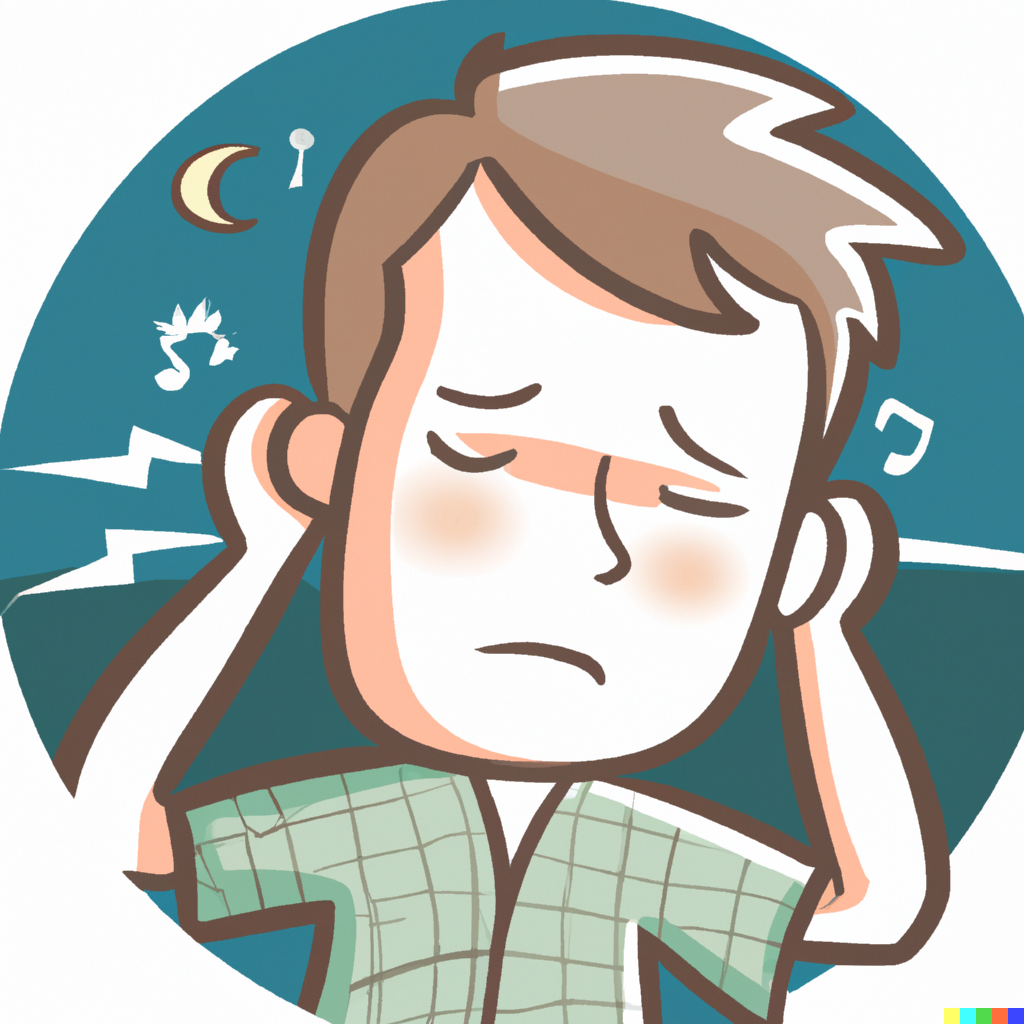Tinnitus, a condition characterized by a constant ringing or buzzing in the ears, can be a challenging problem to manage. However, recent advancements in technology have introduced a promising solution: bone conduction devices.
Bone conduction technology works by transmitting sound directly to the inner ear through the bones of the skull, bypassing the outer and middle ear. This can be particularly beneficial for individuals with tinnitus, especially those who also have hearing loss.
When a person with tinnitus uses a bone conduction device, the device generates sounds that can help mask or distract from the constant ringing or buzzing caused by tinnitus. This can provide relief and make the symptoms of tinnitus less noticeable.
Moreover, some individuals with tinnitus find that the use of bone conduction devices can help retrain their brain to focus less on the tinnitus noise, a technique known as tinnitus retraining therapy (TRT).
While research on the effectiveness of bone conduction devices for tinnitus is ongoing, many individuals have reported significant relief from their symptoms using these devices.
For more information, you can refer to the following scientific papers:
1. ["Endovascular Management of Sigmoid Sinus Diverticulum"](https://doi.org/10.1159/000444507) discusses a case where a patient experienced relief from tinnitus symptoms following a medical procedure.
2. ["Implantable and Semi-Implantable Hearing Aids: A Review of History, Indications, and Surgery"](https://doi.org/10.1055/s-0033-1363463) provides a comprehensive review of implantable hearing devices, including bone conduction devices.
3. ["The Contributions of Vestibular Evoked Myogenic Potentials and Acoustic Vestibular Stimulation to Our Understanding of the Vestibular System"](https://doi.org/10.3389/fneur.2018.00481) discusses the role of sound and vibration in our understanding of the vestibular system, which is closely related to our sense of hearing.
Remember, it's important to consult with a healthcare professional or audiologist to determine if a bone conduction device is the right solution for your tinnitus.

